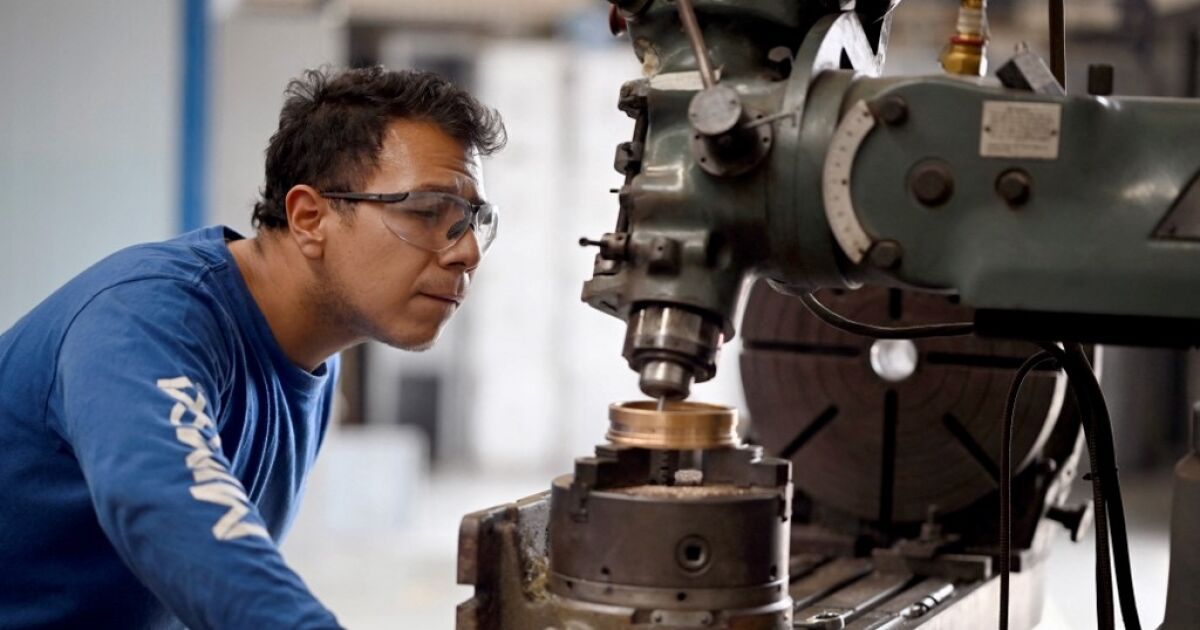The research center says that over the past 20 years, the added value of manufacturing exports has stagnated.
In 2003 it contributed 40.2% of the value of that production, in 2022 it contributed 40.4%.
“Despite some success in foreign trade and the creation of millions of jobs associated with it, national supply companies have not been strengthened and export production has depended mainly on imported intermediate inputs,” says the IMCO study.
He argues that Mexico has implemented a policy of trade openness, rather than an industrial policy focused on the development of strategic sectors.
In this regard, it proposes the development of a comprehensive and robust industrial policy that promotes key industries, which must be supported by these pillars: innovation, digitalization, productive chains and access to financing.
Also the modernization and construction of physical infrastructure, environmental sustainability, the rule of law, fiscal and trade policy, as well as better human talent.
“The implementation of an industrial policy represents an opportunity to strengthen the manufacturing industry, trigger growth and achieve a higher level of economic development that benefits its population,” added IMCO.

















